We know you know how important sleep is. Good sleep will not only help you reduce your risk for obesity and diabetes, it’ll help you recover from your workouts too. But what if there was something else you could do to help you recover that took little to no effort? Well, that tool is here, and you probably already have it.... you just haven’t used it to your advantage yet.
Two weeks ago I did a Full Body Workout. This workout is extremely tiring and exhausting. So exhausting that I literally have trouble walking after only one set of leg press. That night I wore compression leggings (tight full-length spandex pants) to sleep. The next night I woke up and for the first time in months I wasn’t sore in my legs! I figured, ‘oh what the hell,’ and wore them the next night. Keep in mind that soreness typically hits me the second day after a workout much worse than the first day after--this is what’s known as delayed onset muscle soreness (DOMS.) Despite this, the next day my legs weren’t sore either...so what gives? Could this mean I actually recovered faster?
Well before we get ahead of ourselves, let’s be good critical thinkers and bare in mind a few things:
This may be correlative and not causative (if A occurs and B occurs, it doesn’t necessarily mean that A causes B)
I ate a ton that night and that may have aided recovery (more nutrients for rebuilding and repairing)
There could have been several other unknown factors that sped up recovery (playing devil’s advocate)
With that said, it has been shown that compression does, in fact, aid in recovery. In one study it was shown that compression garments not only decreased perceived muscle soreness post workout, but helped the fast-fatiguing/fast-twitch muscles recover quicker as well. These are the muscles that take the longest to recover so the fact that compression garments sped up recovery is very worthwhile. A meta-analysis also found similar findings across twelve different individual studies.
So we have evidence that it works but many times why something is effective is much more important than that something is effective. Knowing the why many times can provide way more clarity and allow connections to be made between seemingly disparate subjects of interest. Knowing this, what is the mechanism for compression speeding up recovery? Well, it’s not entirely known but one theory is that blood flow may increase, thereby providing more oxygen and nutrients for repair and rebuilding.
Armed with this knowledge, try using compression when you lift heavy or do powerful movements (like sprinting or jumping.) When performing these powerful movements or high intensity exercises, you are using your fast-fatiguing/fast-twitch muscles. These muscles take anywhere from a few days to a few weeks to fully recover! (seems like a good idea to get a head start on recovering, right?) So after your next high intensity workout, wear some compression clothing and let us know how you feel!
In Excellent Health,
Garrett & Luc


